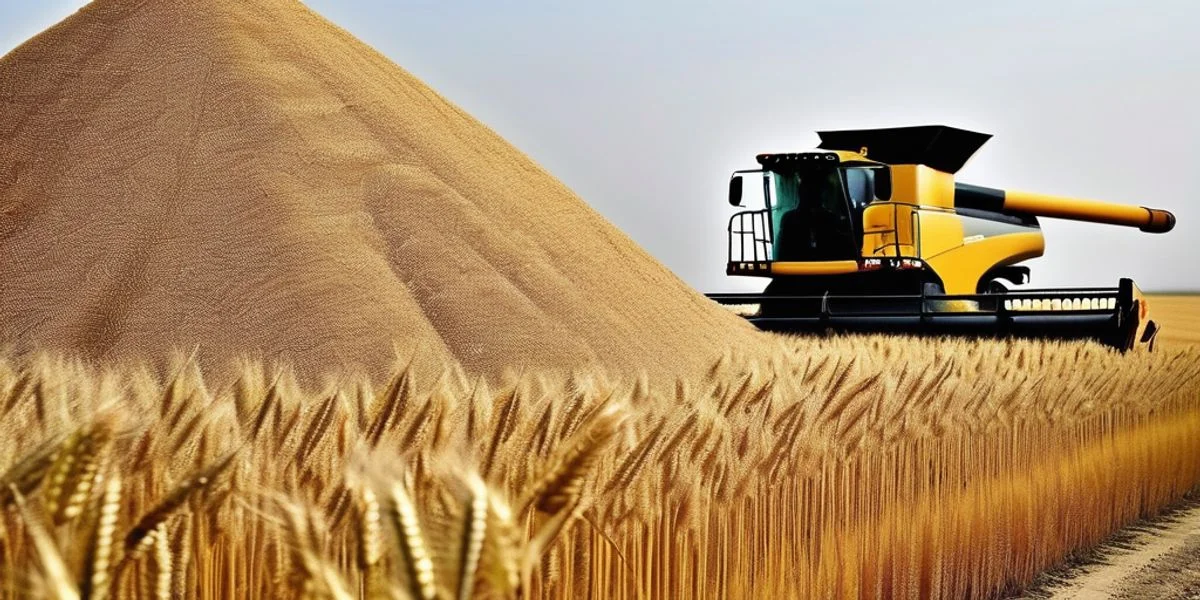In a rural Punjab bus ride, two working-class village women share their struggles to secure wheat grain and milk for their families, vital for food security.
The conversation highlights the significance of these commodities, which constitute over 41% of consumption expenditure across all household quintiles. Despite challenges like market unpredictability, farmers prioritize wheat cultivation, with 84% of farming families sowing it on approximately 28 million acres of land.
The surplus wheat not only ensures family food security but also provides fodder for animals, contributing to overall well-being.
The Rabi season offers limited cropping options, predominantly favoring wheat cultivation, especially among small and medium-sized farms. However, larger farms exhibit a lower percentage of wheat cultivation. This “supply inelasticity” is exploited by policymakers to keep wheat prices low, despite the adverse impact on rural producers. The stagnant support price for wheat further exacerbates the situation, leading to a national flour shortage crisis in January 2020.
Recently, policymakers have justified their stance based on international market rates, criticizing farmers for outdated practices. However, this narrative overlooks critical factors such as farm sizes and the vast number of wheat farmers in Pakistan, making comparisons with other countries unjustified.
The government’s policy approach blindly adheres to free market principles. Despite global wheat price fluctuations, the government maintained its stance, providing foreign producers a level playing field while filling strategic reserves with cheap imports.
Despite the current international wheat price of $225 per tonne, the estimated production cost in Punjab stands at Rs3,280 for 40kg. Farmers argue these costs are underestimated, and private buyers are hesitant to offer more than Rs3,000 per 40kg. This places farmers in a precarious position, struggling to maintain food security without government intervention.
The government’s reluctance to address these concerns undermines farmers’ livelihoods and jeopardizes food security. It’s reminiscent of the famous anecdote of an 18th-century French queen’s indifferent response to hungry peasants, highlighting the disconnect between rulers and the agricultural reality.










